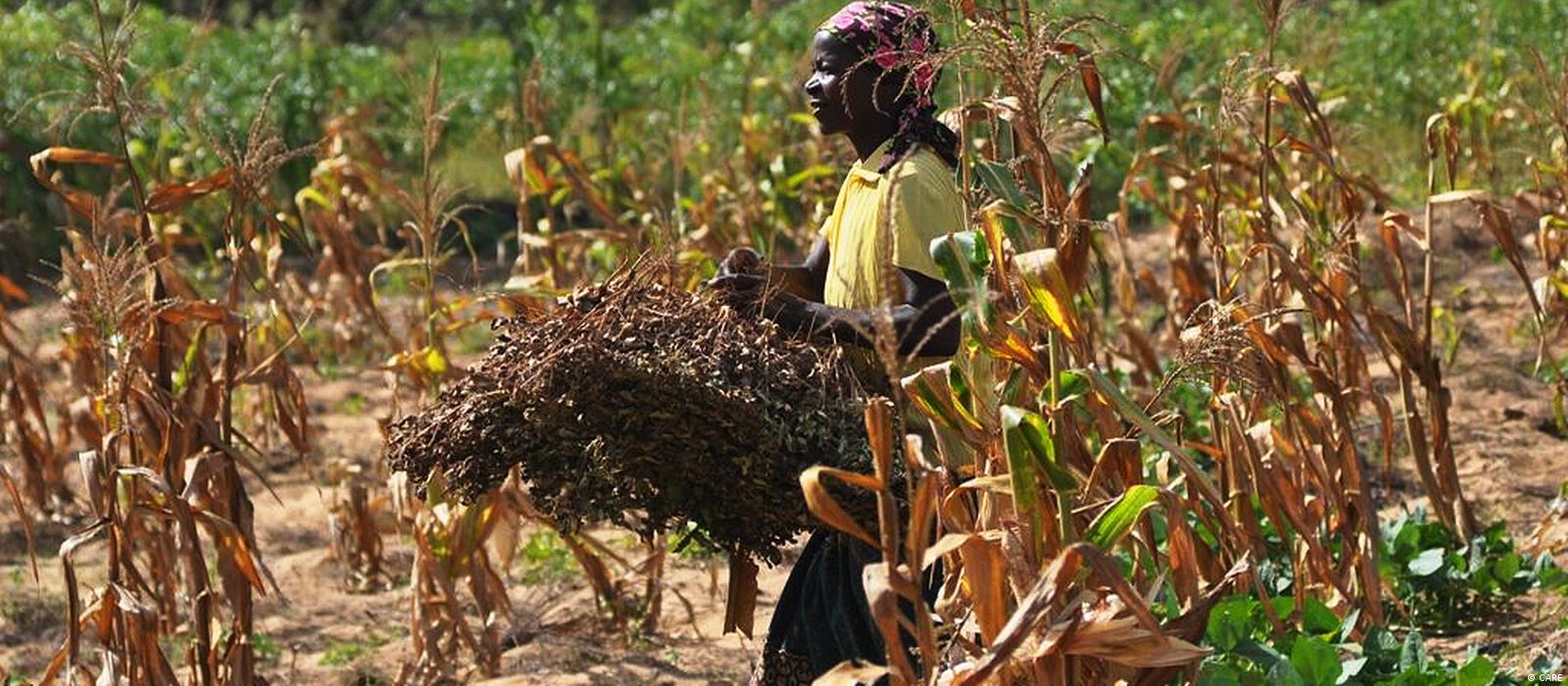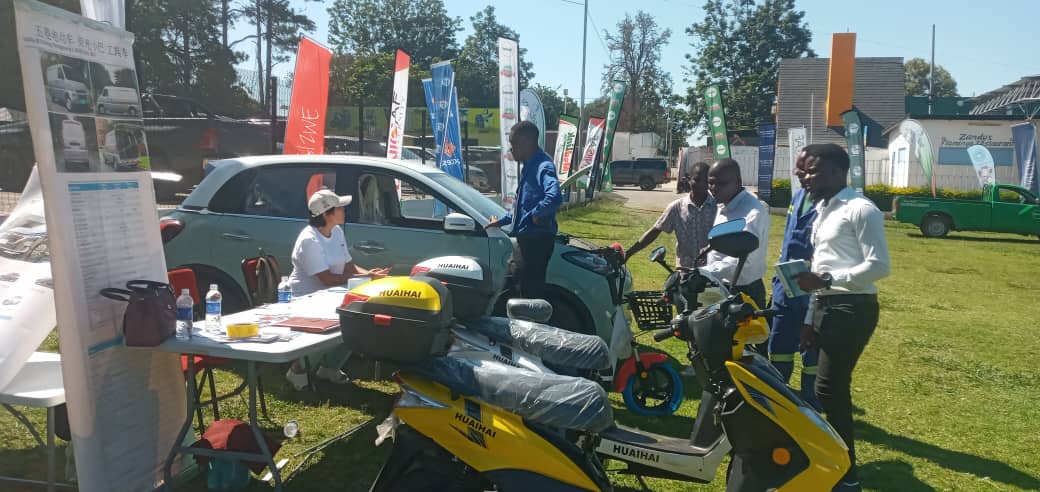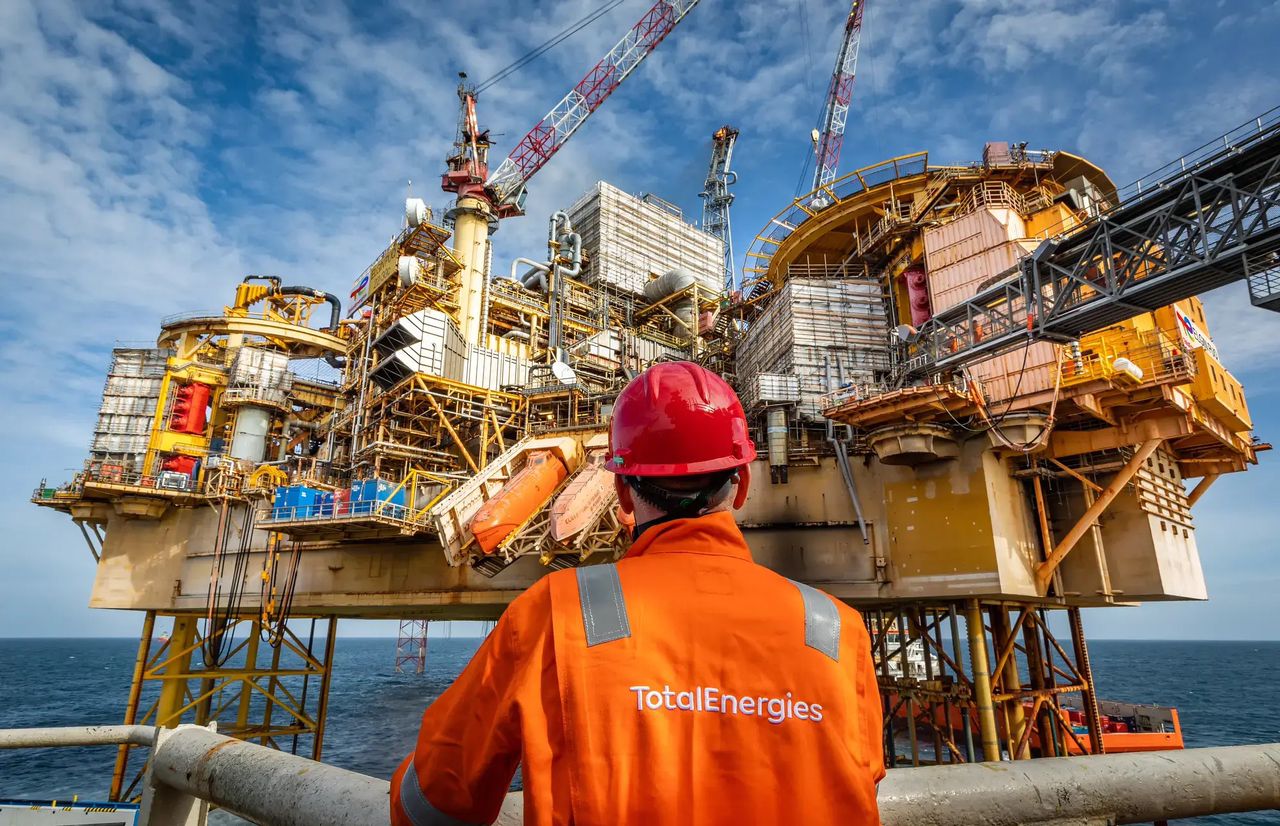While it is hard to gauge the true scale of the economic impact, Munang estimates that African economies are losing 5-15% of per capita GDP growth every year due to climate change.
One of the UNEP’s key focuses in Africa is helping countries unlock finance for national climate plans. “What we are doing is supporting African countries to turn climate action plans into investment plans because 72% of African nations lack investment plans when it comes to climate,” says Munang.
More than $3 trillion will be needed by 2030 to finance these climate action plans across Africa. One way to increase finance is by creating risk-sharing facilities to incentivise commercial banks to lend to climate-friendly companies at very low rates.
Priorities at Cop27
Another way to boost climate finance is by Western nations making good on pledges to commit billions of dollars in climate mitigation and adaptation funds at Cop27 in November.
Although the event has been billed as “Africa’s Cop”, many African presidents have voiced concerns that the developed world will fail to commit the necessary capital while it is distracted with the Ukraine war and the global cost-of-living crisis.
Richer nations promised in 2009 to commit $100bn annually to lower income countries to help them fight climate change, but at last year’s Cop26 in Glasgow, the target had still not been reached.
A report by the Global Center on Adaptation, a Netherlands-based climate organisation, found that in 2019 and 2020 only $11.4bn was committed to climate adaptation finance in Africa. This is significantly less than the $52.7bn annually to 2030 it is estimated African countries will need.
“Receiving financial support from richer nations is not a support, it’s not a luxury,” says Munang. “It’s a must, if the continent is to survive the avalanche of changing climate impacts.”
He says that there must be greater “accountability” and “transparency” mechanisms in place during Cop meetings to ensure that countries follow pledges with action.
“Of particular importance is the Cop26 agreement, which was to double adaptation finance by 2025. That’s just three years from today. That commitment needs to be actualised.”
Another key priority will be making sure that countries manage to reduce emissions to keep global warming below 1.5 degrees.
‘Gas will serve only a few’
Yet in this respect, Africa comes to the Egypt climate meeting in a difficult position as several countries forge ahead with plans to develop recent gas finds.
Africa is one of the most vulnerable regions to climate change in the world and it will be the hardest hit by rising temperatures caused by burning fossil fuels. But the argument is that Africa – currently responsible for less than 4% of global greenhouse emissions – should be allowed to exploit its hydrocarbon reserves to turbocharge its own development, just as Western countries did before it.
Munang says that the debate should not be around whether Africa should exploit its gas reserves but what is the easiest way to boost power across the continent.
“It’s not about gas or no gas,” he says. “It’s about how we can provide clean energy solutions to the 600m Africans without access to electricity. The question is whether exploring gas is cost beneficial to driving continental development in the long run.”
The deputy regional director argues that gas plants are expensive and take many years to build. He points to research from the International Energy Authority (IEA) which shows that the cost of building a single liquefied gas terminal is $25bn, equivalent to the annual amount needed on the path to providing all Africans access to modern energy.
What is more, he argues, not all African countries have gas, while solar is an “untapped and universal resource”. According to the IEA, Africa has 60% of the world’s best solar resources, but only 1% of installed solar generation capacity.
“Focusing on gas will only serve a few,” he says. “The way forward is leveraging renewable energy”.











 Strengthening Zambia, China Ties: Xinjiang Delegation’s Visit
Strengthening Zambia, China Ties: Xinjiang Delegation’s Visit